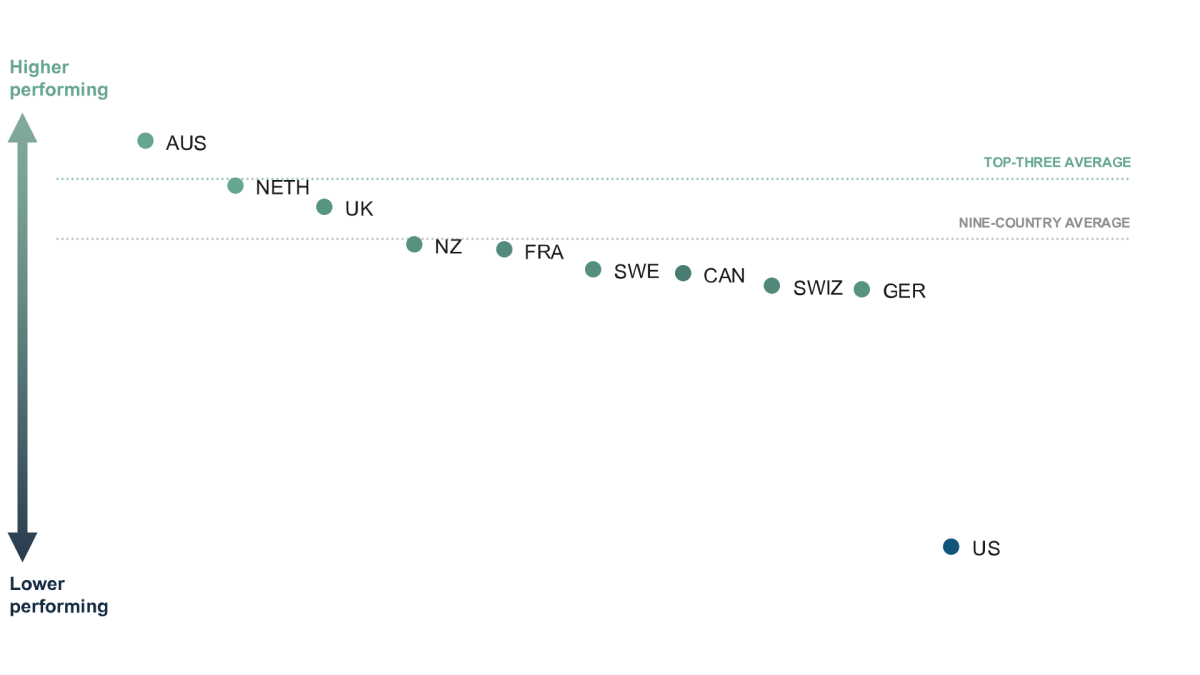Experiencing seasonal sadness
With Punxsutawney Phil seeing his shadow, we are currently experiencing a long, dreadful winter. In doing so, we have to make sure we don’t fall into seasonal depression. Yes, seasonal depression, also known as Seasonal Affective Disorder (SAD) is the clinical, diagnosed name for winter depression.
Winter depression occurs due to the extreme temperature drop and the short days that winter has. A main factor that can contribute to the abrupt mood disruption is allergies, which can interrupt your sleep and daily routine and can also change your normal mood. Symptoms include feeling sad, grumpy, moody, anxious, sudden loss of interest in usual activities, eating/craving more carbs, gaining weight, sleeping more but still feeling tired, and having trouble concentrating.
Seventeen out of 20 NK students / faculty felt one or more of these symptoms apply to them. Junior Alanah Gaudreau said “Yes, I completely believe in SAD. My mood in the summer is significantly more happy and fun rather than in winter. I feel drained and eat all the time!”
Hannah Niebel, also a junior, believes that she severely suffers from SAD. Niebel recently moved from California, The Golden State, to RI, where weather in the winter ranges from -1 degrees to 45 within a week, and she is still getting used to the harsh, unpredictable weather. She tops it all off by saying, “Summer rules, winter drools!”.
There are, however, many ways to prevent this “Seasonal Sadness” a handful of us are experiencing! Studies say you should always maintain a regular schedule as well the correct amount of sleep (8-10 hours), one of the most important factors.
Exercise as well as exposure to natural light are also factors to keep away the winter upset. Taking daily walks can help as well, along with sitting next to windows at home, work, or class. In order to help maintain a healthy sleep schedule, you can put a timer on your bed room lights, acting as the sun, or consider special “warm” lights which are made for fighting seasonal depression. It is also proven that high temperatures can bring a depressed person’s mood up…Summer, please hurry!
Symptoms of Seasonal Affective Disorder include:
– Loss of interest in usual activites
– Eating/craving more carbs
– Gaining weight
– Sleeping more
– Having trouble concentrating
– Feeling:
– Sad
– Grumpy
– Moody
– Anxious
– Tired
Your donation will support the student journalists of North Kingstown High School. Your contribution will allow us to distribute a print edition of the Current Wave to all students, as well as enter journalism competitions.










